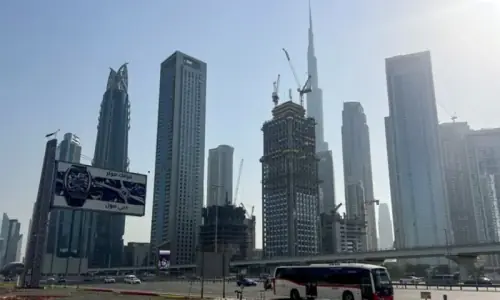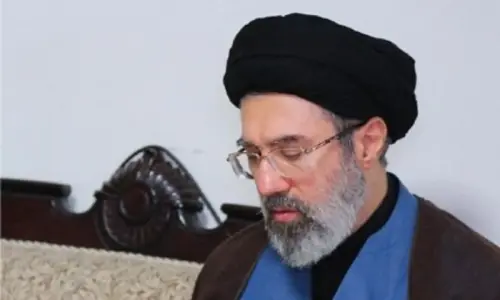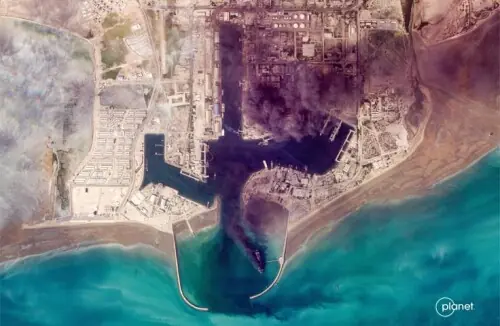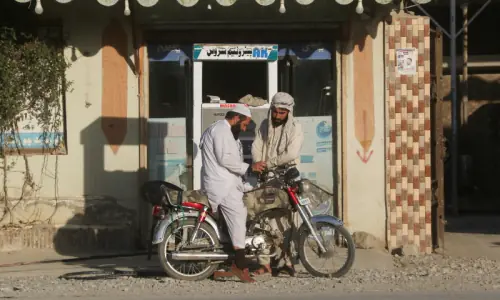IT is welcome that Prime Minister Imran Khan reconsidered his pledge to not travel abroad during the first months of his term in order to focus on domestic priorities.
As economic and fiscal realities became clear and regional security issues assumed a fresh urgency, it would have been troubling if the prime minister had remained disengaged and entrusted the handling of such matters to subordinates and other institutions.
Abu Dhabi Crown Prince Mohammed bin Zayed was recently in Pakistan, where he met the prime minister.
Mr Khan has already visited the UAE twice as prime minister and the visit by the crown prince signals a re-warming of ties after a noticeably cool period in which Pakistan was considered to be insufficiently close to the Saudi Arabia-UAE axis that has arisen against Iran.
Two points ought to be made here.
A careful balancing of ties is necessary in the fraught world of Middle East politics. Last week, Prime Minister Khan travelled to Turkey to meet President Recep Tayyip Erdogan, who is vying for influence in the greater Muslim world with Saudi Crown Prince Mohammed bin Salman. Pakistan has vital energy trade relations with Qatar, which is blockaded by a group of countries led by Saudi Arabia and the UAE. The first foreign leader Mr Khan met after being elected prime minister was Iranian Foreign Minister Javad Zarif.
Now, US President Donald Trump has suggested he will meet with the Pakistani leadership and Mr Trump’s extreme position against Iran is well known.
Amidst that bewildering array of cross-cutting international tensions, Pakistan must protect and advance its own core economic, diplomatic and security interests. Therefore, in his interactions with foreign leaders, Mr Khan should consistently reiterate Pakistan’s determination to have peaceful relations with regional and international powers.
Where there are trade opportunities, they should be pursued; where the possibility for mediation exists, it should be diplomatically advanced.
Second, the economy that Mr Khan inherited and his own government’s indecision have combined to create a need for international financial support.
Friendly countries like the UAE, Saudi Arabia and China have offered financial assistance to Pakistan. But hard as Mr Khan has lobbied for money to help stabilise the state’s finances, he and his government have not been forthcoming when it comes to sharing the terms and conditions on which financial assistance has been extended bilaterally.
Mr Khan ought to recognise that transparency alone will help dispel suspicions of inappropriate commitments having been made by his government.
Published in Dawn, January 7th, 2019































